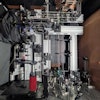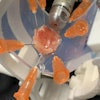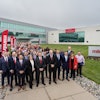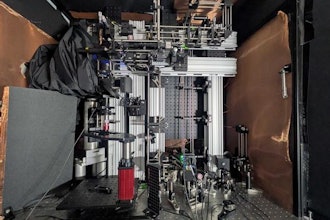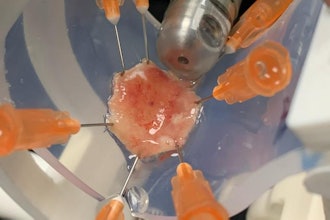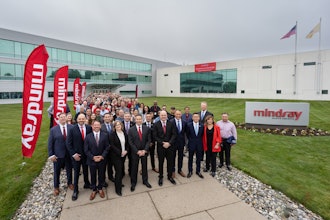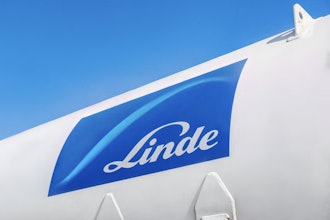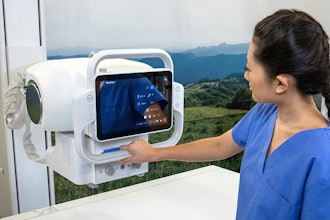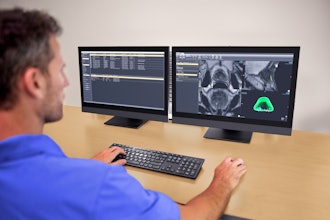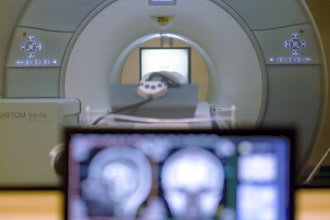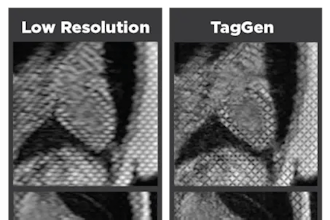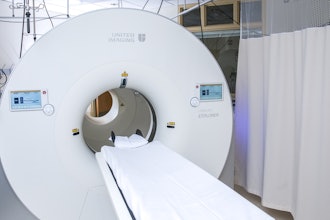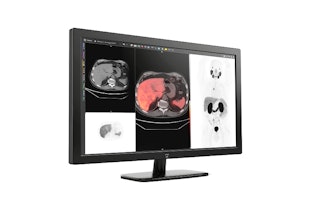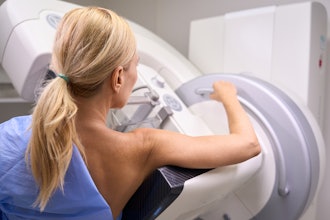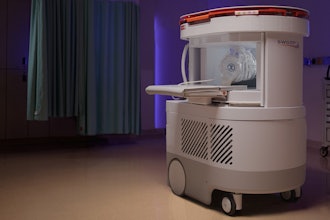
Microsoft announced collaborations with academic medical systems Mass General Brigham and the University of Wisconsin School of Medicine and Public Health along with its partnering health system, UW Health, to accelerate solving some of the biggest challenges in radiology and further advance AI in medical imaging to drive clinician efficiency and enable better health outcomes. The collaborations will foster research and innovation tied to the advancement of high-performing multimodal AI foundation models that empower the entire radiology ecosystem to build on top of the secure Microsoft Azure AI platform and extend the Nuance (a Microsoft company) suite of radiology applications, delivering a wide array of high-value medical imaging copilot applications.
Medical imaging plays a crucial role in healthcare. Health systems spend an estimated $65 billion each year on imaging, and approximately 80% of all hospital and health system visits include at least one imaging exam related to more than 23,000 conditions. Faced with challenges that the overall healthcare industry grapples with, including physician burnout and staffing shortages, healthcare organizations are looking to generative AI to help reduce workloads, enhance workflow efficiencies, and improve the accuracy and consistency of medical image analysis for care delivery, clinical trials recruitment and drug discovery. Generative AI in radiology also may help enhance patient experiences by reducing wait times for imaging results, further opening up access to care and improving the quality of care.
With the right multimodal data-enriched medical imaging foundation models, Microsoft and its partners will explore how advanced algorithms and applications can help radiologists and other clinicians interpret medical images, as well as assist with report generation, disease classification and structured data analysis.
Microsoft has long been focused on the potential of providing high-performing first- and third-party advanced foundation models and copilot experiences across the ecosystem to empower everyone on the planet to achieve more. Additionally, Microsoft has been an innovator in the space of medical imaging research and biomedical natural language processing, collaborating with experts in medicine to democratize AI and empower researchers, hospitals, life science organizations and healthcare providers to develop new models and systems.
Through these collaborations, researchers and clinicians at Mass General Brigham, UW School of Medicine and Public Health, and UW Health will work with Microsoft to further advance state-of-the-art multimodal foundation models. The organizations will collaborate on the development, testing and validation of the latest breakthrough technology, deploying real-world use cases into clinical workflows including via Nuance’s PowerScribe radiology reporting platform, used by the majority of radiologists in the U.S., and the Nuance Precision Imaging Network, which offers a single point of access to automate and scale use of third-party medical imaging AI models for a range of modalities and specialties.

